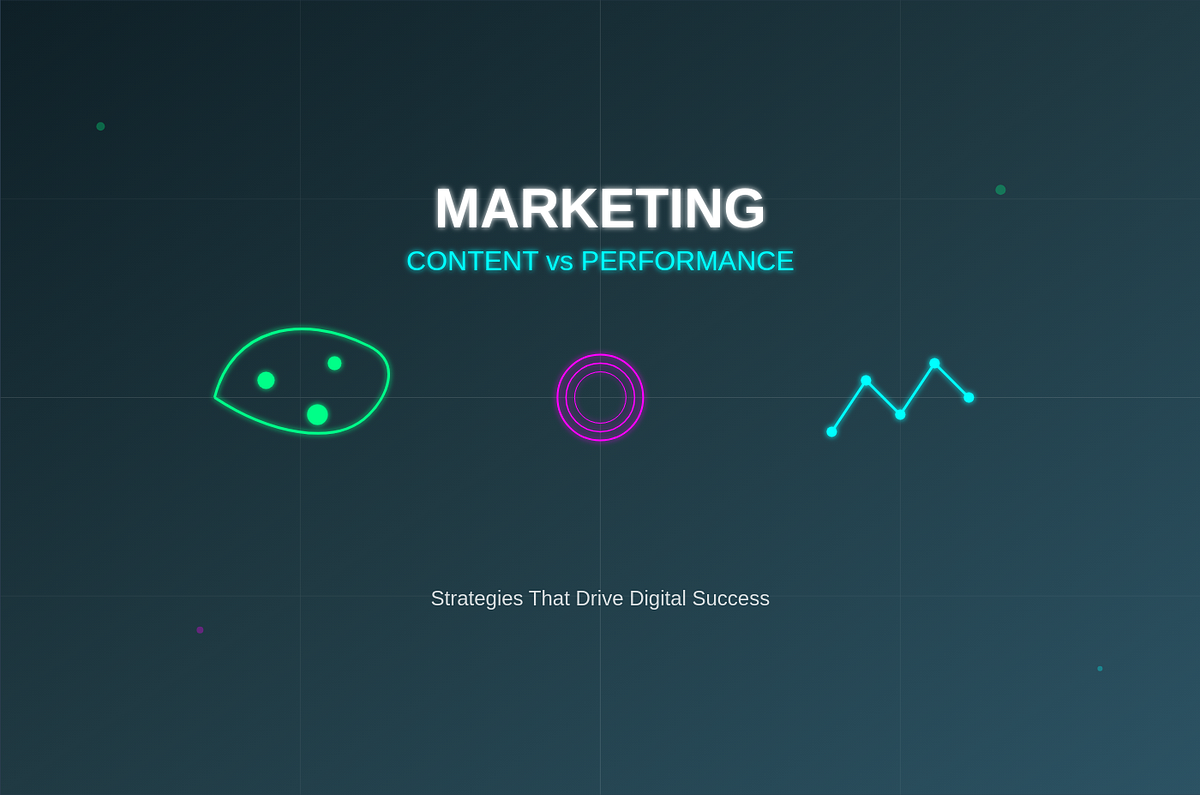How to Rank on Google Without Building Backlinks in 2025
While backlinks remain a significant ranking factor, Google’s algorithm has evolved to rely on many other signals that can help you rank well even with minimal link building. Here’s how to achieve strong rankings without focusing on backlinks:
Why This Matters Now
The SEO landscape has shifted dramatically:
- AI-driven ranking factors have reduced reliance on traditional link signals
- Content quality metrics now carry more weight than ever before
- User experience signals directly impact ranking potential
- Entity recognition offers alternative paths to authority
Let’s explore how to leverage these changes to your advantage.
1. Master Search Intent Optimization
Google has become exceptionally good at understanding what users truly want from a search query:
- Analyze SERP features for your target keywords to understand what Google believes users want
- Study the content format of top-ranking pages (guides, tools, comparisons, etc.)
- Identify content depth requirements by examining comprehensive coverage in top results
- Match user journey stage with appropriate content structure
Implementation Tip
Use tools like SEMrush’s SERP Analysis or Ahrefs’ SERP Checker to break down exactly what type of content is ranking, then exceed those standards with your content.
2. Create Expertise-Driven Content Assets
Google’s helpful content system rewards content that demonstrates genuine expertise:
- First-hand experience descriptions and insights
- Original research, data, or findings not available elsewhere
- Expert opinions and analysis that add unique perspective
- Practical, actionable advice that solves real user problems
- Case studies and examples that demonstrate real-world application
Content Structure Example
- Clear problem statement
- Expert perspective on common solutions
- Original approach or framework
- Step-by-step implementation guide
- Real results and metrics
- Potential challenges and solutions
3. Optimize for Click-Through Rate (CTR)
High CTRs send powerful ranking signals to Google:
- Craft compelling titles using emotional triggers, numbers, and power words
- Write meta descriptions that promise specific value and encourage clicks
- Use schema markup to generate rich snippets that stand out in SERPs
- Test different headline formulations to identify what resonates with your audience
4. Leverage Internal Linking Architecture
Strategic internal linking can distribute page authority without external backlinks:
- Create hub pages for main topics that link to detailed supporting content
- Implement topic clusters with semantic connections between related content
- Use descriptive anchor text that reinforces key terms and concepts
- Build link relevance by connecting content with true topical relationships
5. Optimize for Core Web Vitals and UX Signals
User experience metrics directly impact rankings:
- Achieve “good” scores across all Core Web Vitals metrics
- Minimize intrusive interstitials and disruptive elements
- Create mobile-optimized experiences that function flawlessly
- Reduce friction points in the user journey
6. Generate Engagement Signals
Content that drives engagement communicates value to Google:
- Encourage comments with thought-provoking questions
- Include interactive elements like calculators, quizzes, or tools
- Design for social sharing with valuable, quotable insights
- Optimize for long dwell time with compelling, well-structured content
7. Build Topical Authority Through Comprehensive Coverage
Becoming the definitive resource on a topic sends powerful ranking signals:
- Identify all subtopics within your main subject area
- Create comprehensive content addressing each aspect
- Interlink related content in meaningful ways
- Update regularly with fresh information and insights
Case Study: Success Without Backlinks
One of our clients in the financial education space implemented these strategies and saw:
- 78% increase in organic traffic over 6 months
- #1 rankings for 27 competitive keywords
- 92% increase in organic conversions
- All with fewer than 10 new backlinks during this period
The key was creating truly comprehensive resources that matched search intent perfectly while delivering exceptional user experiences.
Conclusion
While backlinks remain valuable, they’re no longer the only path to ranking success. By focusing on expertise-driven content that perfectly matches search intent, optimizing user experience, and building strong topical authority, you can achieve impressive rankings even without extensive backlink building.
What non-backlink strategies have worked best for your SEO efforts? Share your experiences in the comments!




